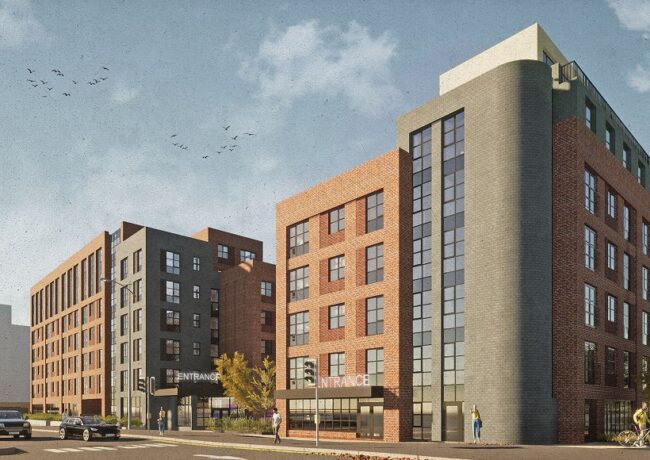Deloitte predicts real estate recovery
Deloitte says 2013 will mark the bottom of the UK property market, according to the latest real estate market research.
While it is expected that recovery will not be evident until later in the year, the downward trend in commercial capital values should halt as property prices begin to rise as a result of falling stock availability levels.
Anthony Duggan, partner and head of research at Deloitte said: "Our prediction that we'll reach the bottom of the market could be seen as heroic given the uncertainties in the global, European and UK economies but there are enough compelling reasons to support the idea."
Simon Bedford, partner and head of Drivers Jonas Deloitte in the North, said: "The price of secondary stock continued to decline in 2012 and more realistic and fair pricing in line with the economic background is proving attractive to investors, particularly outside prime locations. High quality assets will also benefit from continued demand.
"Along with the utilisation of alternative lending streams, we expect to see the market boosted by £20bn of investment coming from overseas. The inflow of foreign capital buying real estate is likely to rise further over the course of the year from both established players and new entrants. Investors are looking for stable, income producing assets with bond-like characteristics. London is well placed to meet such needs and we expect that the appeal of the UK market will remain."
In terms of construction activity, the report predicts that while activity will remain low, it will be lifted through development driven by the higher education sector. There are eight major education schemes being developed outside of London, with both of Manchester's universities planning new schemes.
Bedford added: "Construction activity in higher education is not limited to the creation of new teaching and learning facilities. There remains a real shortage of high-quality purpose built student accommodation across the UK and investor appetite for this type of product is high.
With rising tuition fees, many institutions are investing in the quality of available living space on and off campus to attract prospective students."
In the private sector, the evolution of modern technology is having the biggest impact on retail and office space, according to the report.
Duggan said: "Almost 6% of store sales were influenced by smart phones in 2012, equating to £15.2bn of consumer spend. With consumer needs changing, the quality of the in-store experience is more important than the quantity of outlets available. We expect to see retailers rationalising their property portfolios over the course of the year to eradicate underperforming and surplus stock.
"Similar changes can be seen in the office market where flexible working spaces, cloud computing and 'bring your own device' schemes are altering the way that office buildings are used. Working from home practices, wireless technologies and hot-desking schemes are also reducing the amount of space needed per worker, pushing a change in occupier requirements."



